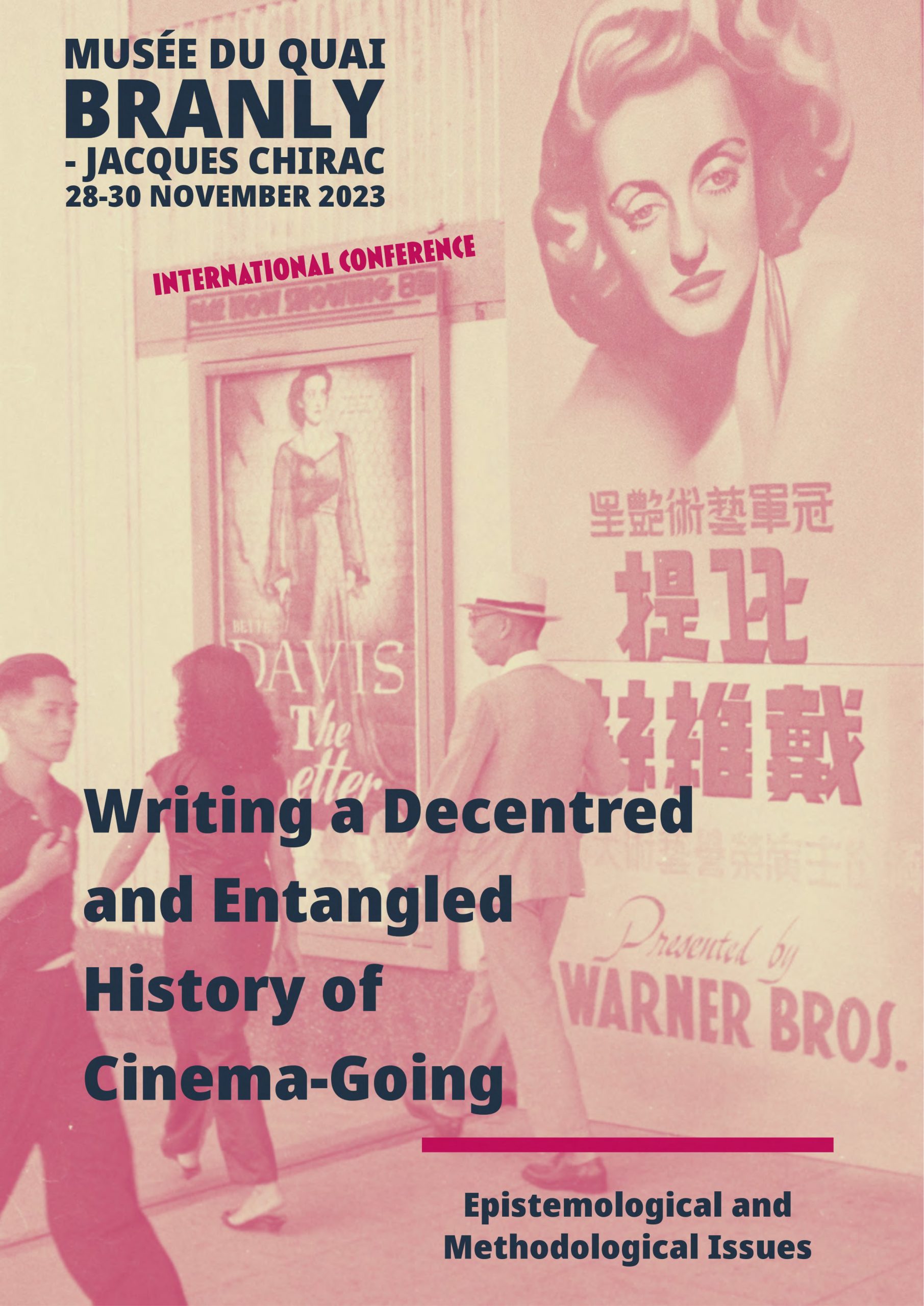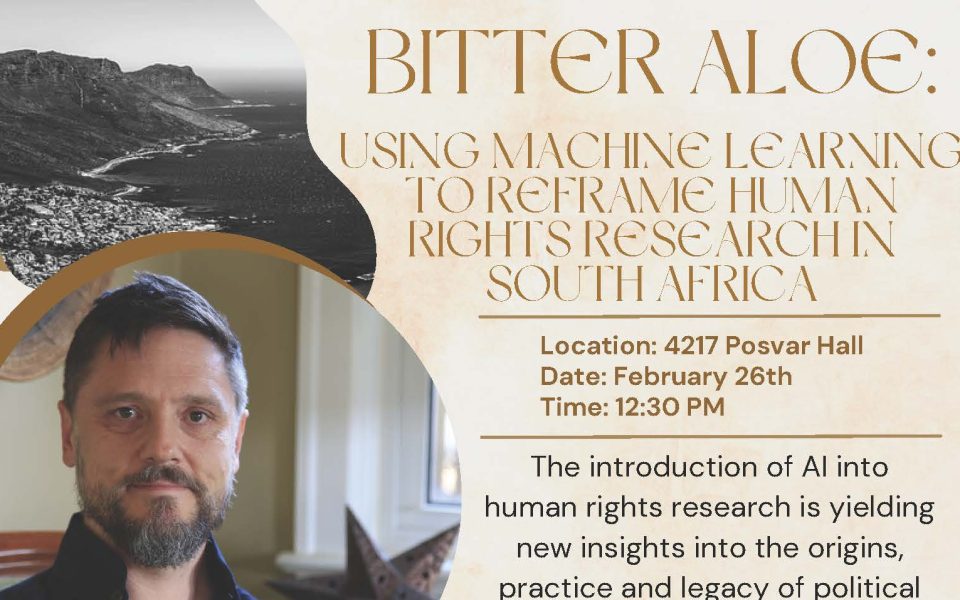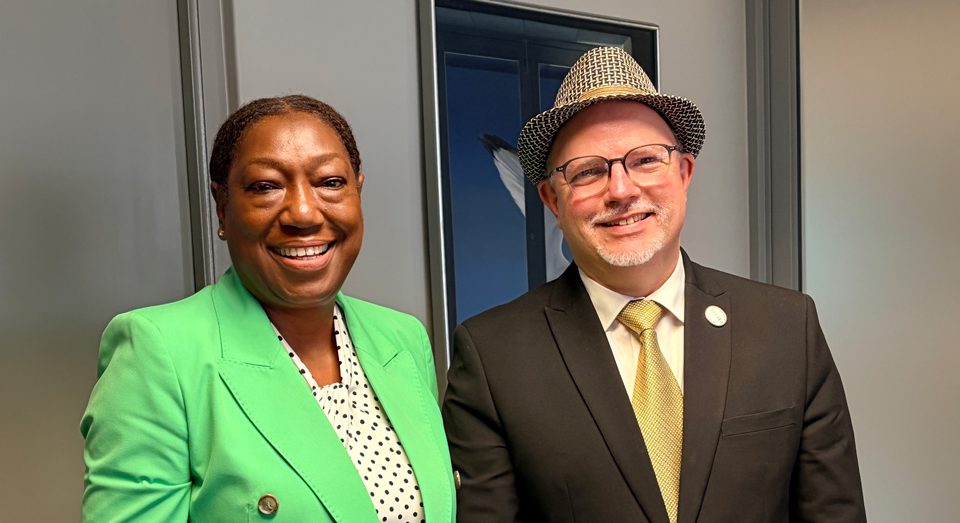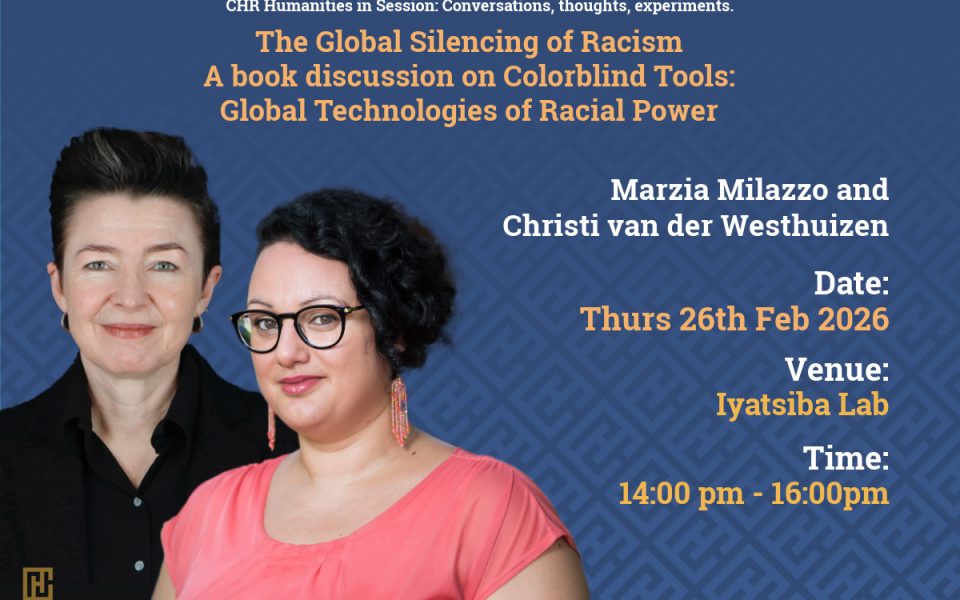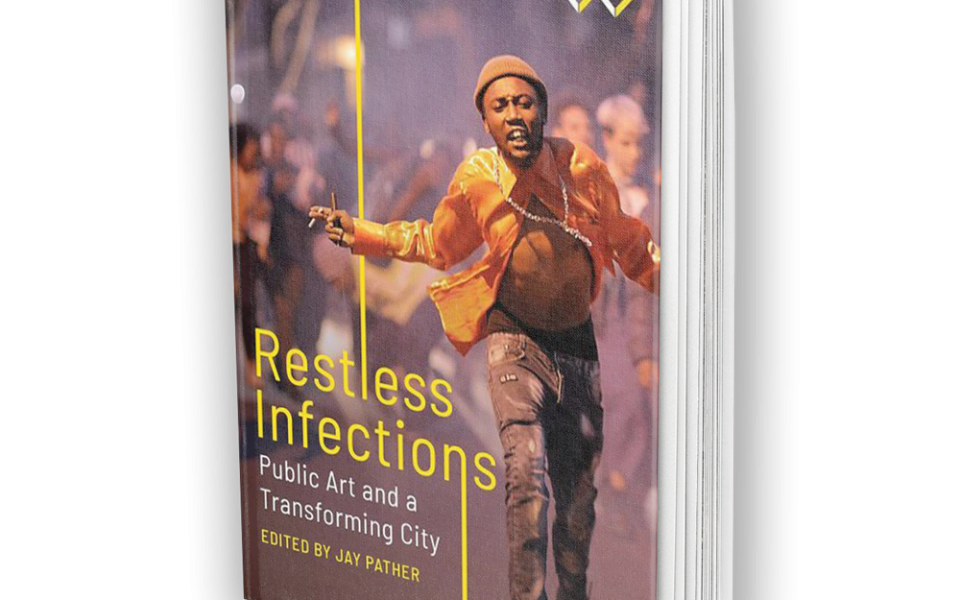WRITING A DECENTERED AND ENTANGLED HISTORY OF CINEMA-GOING: Epistemological and methodological issues
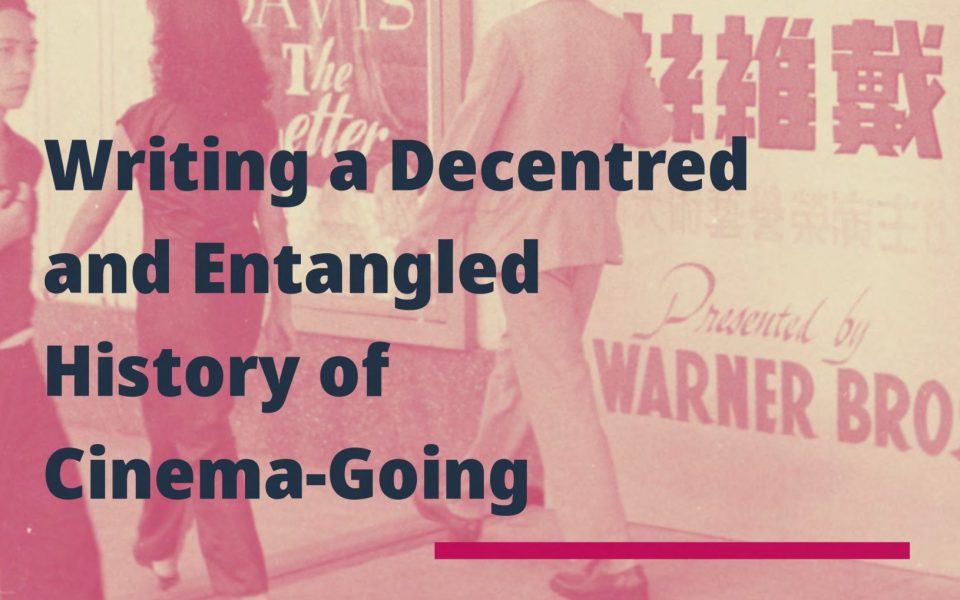
WRITING A DECENTERED AND ENTANGLED HISTORY OF CINEMA-GOING: Epistemological and methodological issues
The CHR’s Fernanda Pinto de Almeida presented a paper at the Writing a Decentred and Entangled History of Cinema-Going conference in November.
The conference aimed to examine cinema’s shifting collectives within and beyond the confines of national borders. In this constant back-and-forth between cinema-going and community, it’s not only the film itself, but also the screening experience that reshapes and reinvents the cultural, ethnic, national and religious identities of the viewers, as well as the trajectories of the communities frequenting the screening spaces. We pay particular attention to the bewildering diversity of social interactions that take place both inside and outside screening spaces, with a particular focus on non-hegemonic media industries.
Fernanda’s paper, “A calculated pleasure: South African cinema ordinances and the ordering of film viewership (1917-1927)”, focused on the first censorship laws and the policing of films and cinema venues in South Africa. The first cinematograph cinema ordinances formulated in the late 1910s gained notoriety in the Cape Province, where they were a new form of state control used to regulate every aspect of cinema- going – from the films projected to the number and character of audiences and the place and design of cinema venues. The decade of cinema ordinances over the period of 1917 to 1927, reflected a composite strategy of transnational, provincial and municipal bodies, as well as of educational, religious and reformist agents, alongside cinema-goers. Such strategies charted a negotiated global turn in the governance of cinema, and its reflection in letters, laws, licences, applications, government reports and censorship bills lodged in South African archives, as well as the correspondence between the Cape’s Bioscope Board and the League of Nations.
Fernanda’s paper followed a twofold approach to what she calls a new order of film viewership: firstly, the debates about trade, suppression and censorship of ‘objectionable’ films and, secondly, the systematic regulation of places of projection, which legitimised local structures of police and state surveillance. In an effort to strip cinema of its purported ‘objectionable’ character, this decade saw censor boards in the Cape reject the exhibition of more than one hundred imported films, curtail the attendance of children from 6 to 16 years old, as well as of racialised patrons, and foster segregated venues by recasting cinema and audiences globally. The paper asks how, a decade into cinema ordinances, this new governance of cinema sought to regulate cinema-going while setting the stage for the hardening of race and class divisions that characterised leisure in the country.
VIEW PROGRAMME
Programme_Writing_a_Decentred_and_Entangled_History_of_Cinema-Going

